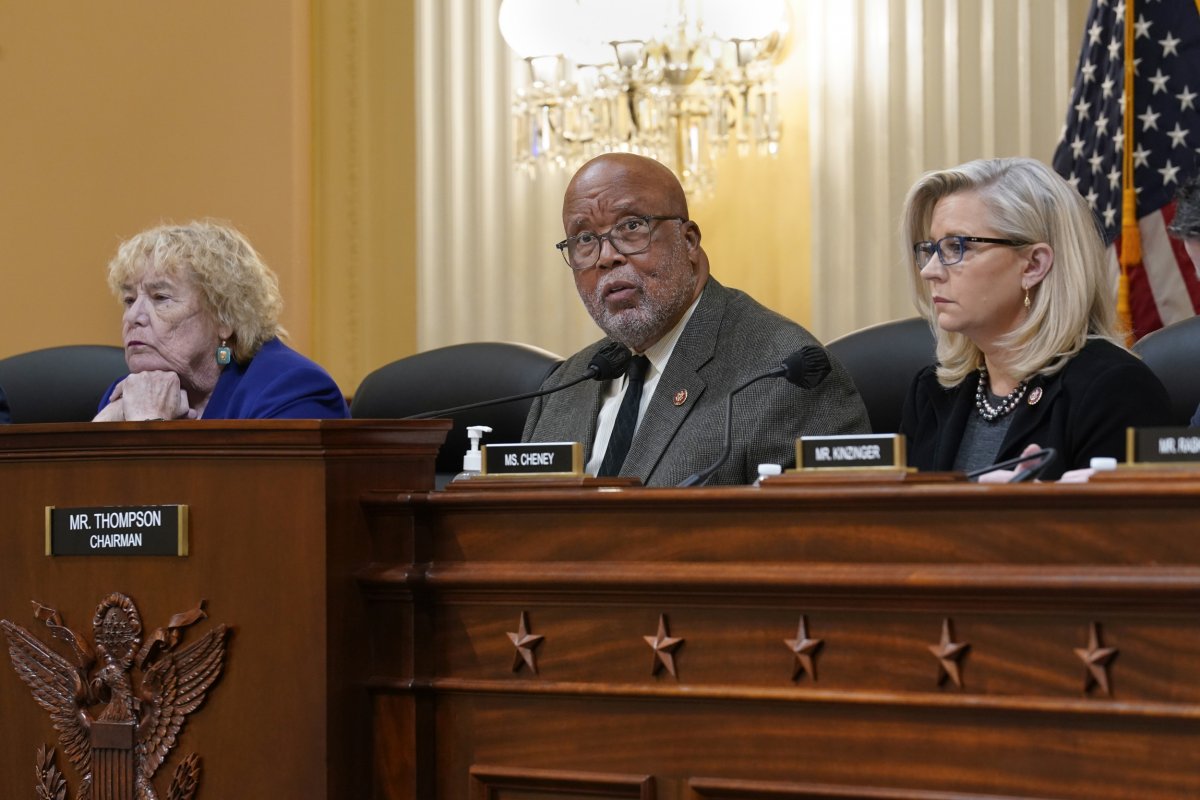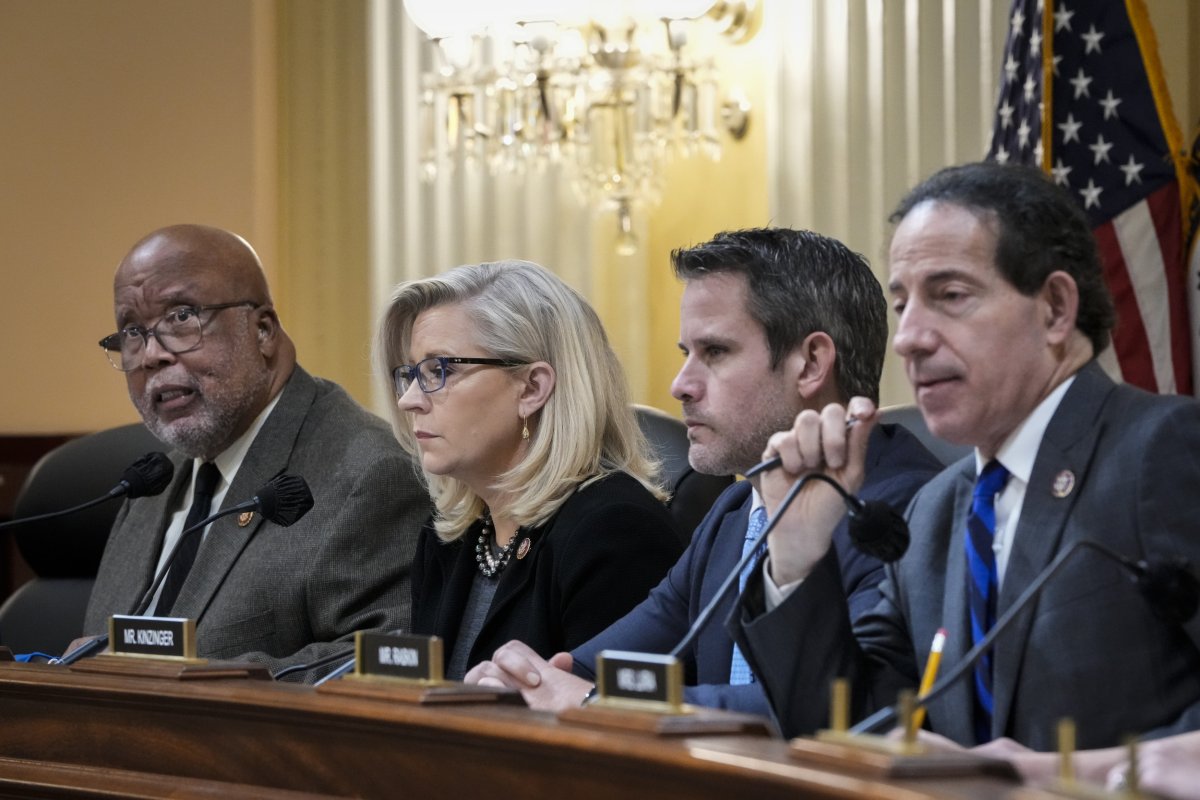The House committee investigating the January 6 Capitol insurrection said it interviewed around 250 people since the start of the investigation in July, with just two defying orders to appear before the committee, the Associated Press reported.
The interviews are conducted privately before the committee, which is comprised of seven Democrats and two Republicans. Over 40 people have been subpoenaed, and most have voluntarily testified, according to the AP.
The number was revealed when Mississippi Representative Bennie Thompson, a Democrat and chairman of the January 6 committee, said the figure when pushing for Jeffrey Clark, a former Department of Justice official who supported Donald's Trump reversal efforts of the 2020 election, to be charged with contempt at a House hearing.
Clark has a second deposition with the committee scheduled Saturday that will decide if Clark will be charged, Thompson said.
Wyoming Representative Liz Cheney, a Republican and the vice chairman of the committee, said it expects next year to have "multiple weeks of public hearings, setting out for the American people in vivid color exactly what happened every minute of the day on January 6th, here at the Capitol and at the White House, and what led to that violent attack."
The committee is attempting to finish ahead of the 2022 elections, as it said democracy is on the line with former President Donald Trump considering another run for office and many Americans continuing to believe his unfounded allegations of voter fraud in the 2020 election, the AP reported.
"History is watching," Cheney said at the hearing.
For more reporting from the Associated Press, see below.

Thompson and Cheney presented their case in anticipation of a floor vote on contempt if Clark does not answer questions Saturday. Clark appeared for a deposition last month but refused to be interviewed, citing Trump's legal efforts to block the committee's investigation.
Clark's lawyer now says he wants to invoke his Fifth Amendment right against self-incrimination. Thompson said the lawyer had offered "no specific basis for that assertion." Thompson said he viewed the move as a "last-ditch attempt to delay the Select Committee's proceedings" but said members would hear him out. The committee wants Clark to plead the Fifth Amendment on a question-by-question basis, unlike his first deposition when he and his lawyer abruptly left.
If the committee decides after the deposition that Clark is still in defiance of the subpoena, the House could vote on contempt charges as soon as next week. The Justice Department would then decide whether to prosecute.
The department has made clear it is willing to pursue the committee's contempt charges, indicting longtime Trump ally Steve Bannon last month on two counts of criminal contempt.
According to an October report by the Senate Judiciary Committee, which interviewed several of Clark's colleagues, Trump's pressure on the Justice Department culminated in a dramatic White House meeting at which the president ruminated about elevating Clark to attorney general. Trump did not do so after several aides threatened to resign.
The Senate report said Clark personally met with Trump and unsuccessfully pushed his then-supervisors, acting Attorney General Jeffrey Rosen and his deputy, Richard Donoghue, to publicly announce that the department was investigating election fraud and direct certain state legislatures to appoint new electors. Rosen and Donoghue have also been interviewed by the January 6 committee.
Trump, who told his supporters to "fight like hell" on the morning of the riot has sued to block the committee's work and has attempted to assert executive privilege over documents and interviews, arguing that his private conversations and actions at the time should be shielded from public view.
In a transcript released this week of Clark's aborted November 5 interview, committee members and staff tried to persuade Clark to answer questions. But Clark's lawyer, Harry MacDougald, said during the interview that Clark was protected not only by Trump's assertions of executive privilege but also by several other privileges MacDougald claimed Clark should be afforded.
The committee rejected those arguments, and MacDougald and Clark walked out of the interview after around 90 minutes of discussions.
Correction (12/2, 10:30 p.m.): This article initially described Liz Cheney as a congresswoman from Wisconsin. She represents Wyoming. Newsweek regrets the error.

Uncommon Knowledge
Newsweek is committed to challenging conventional wisdom and finding connections in the search for common ground.
Newsweek is committed to challenging conventional wisdom and finding connections in the search for common ground.
About the writer
To read how Newsweek uses AI as a newsroom tool, Click here.








